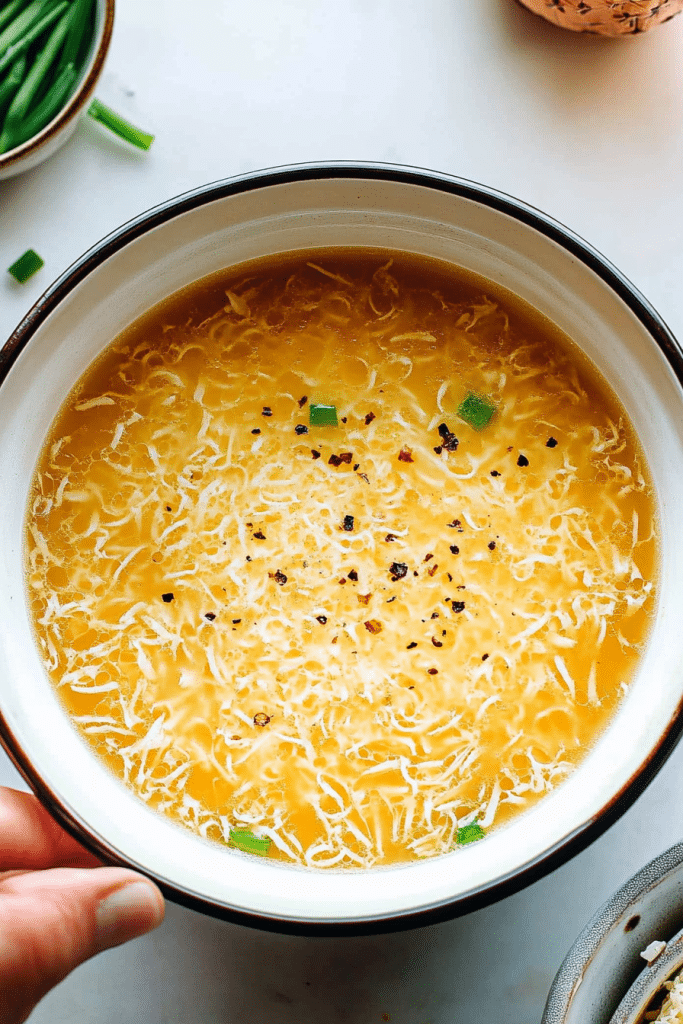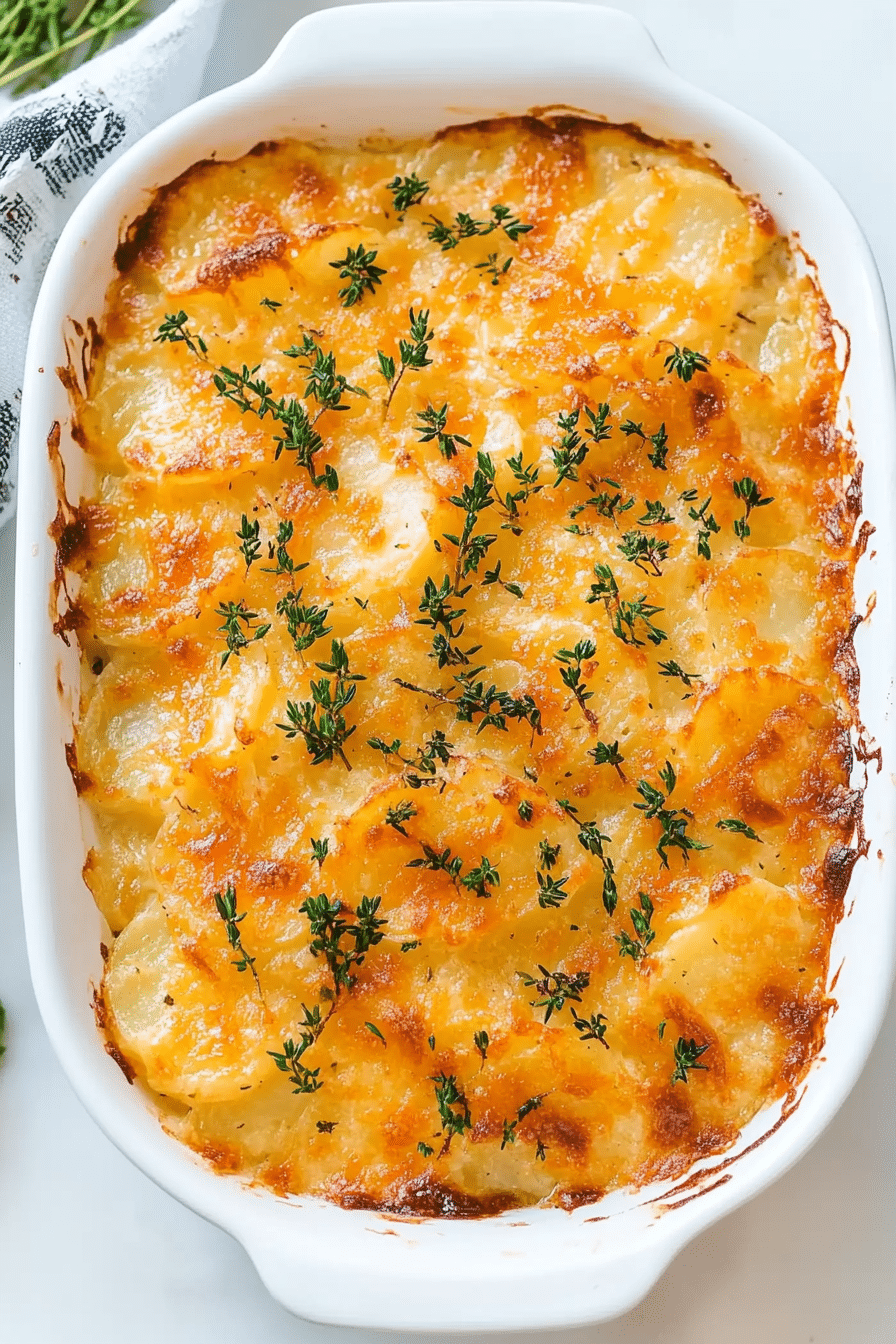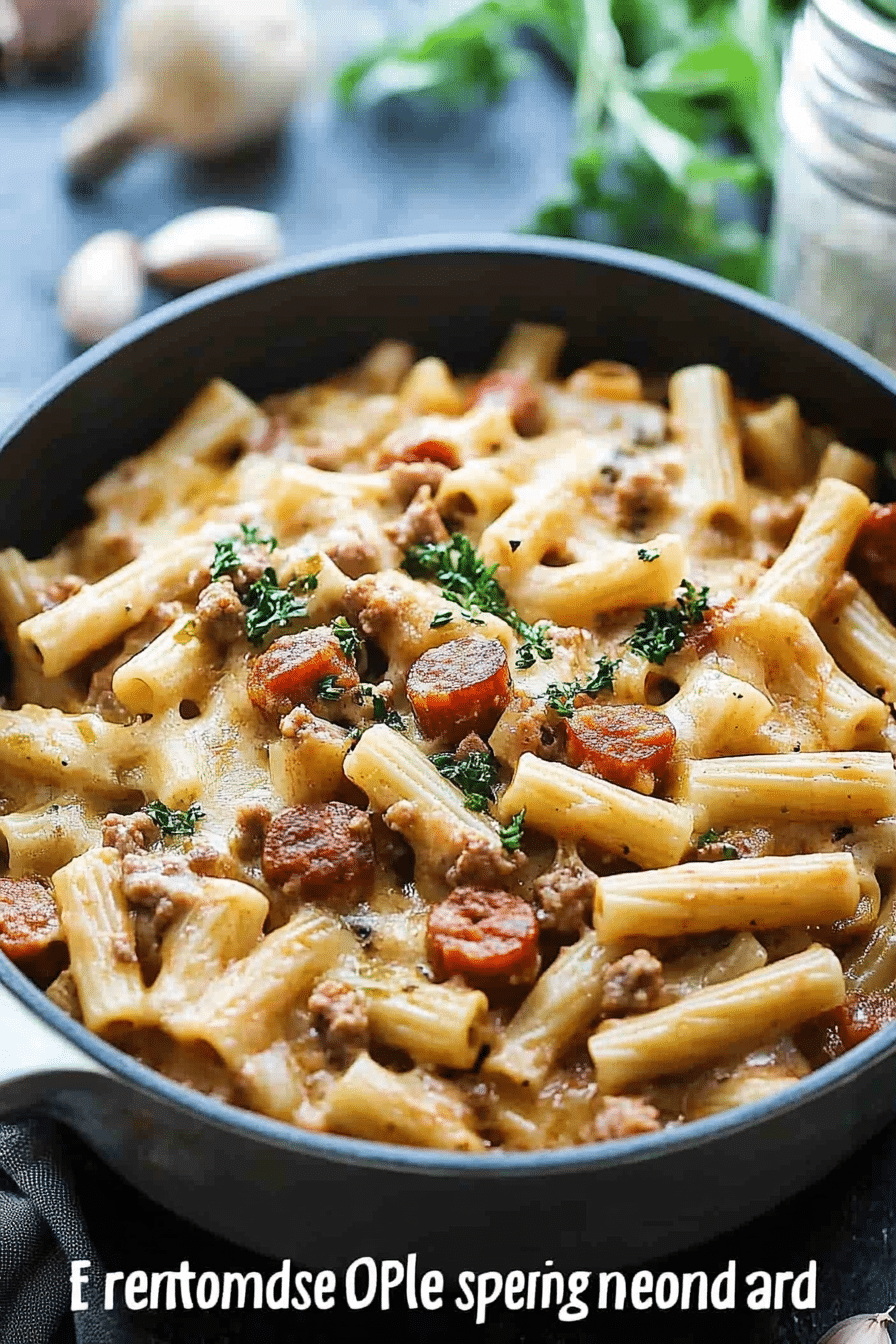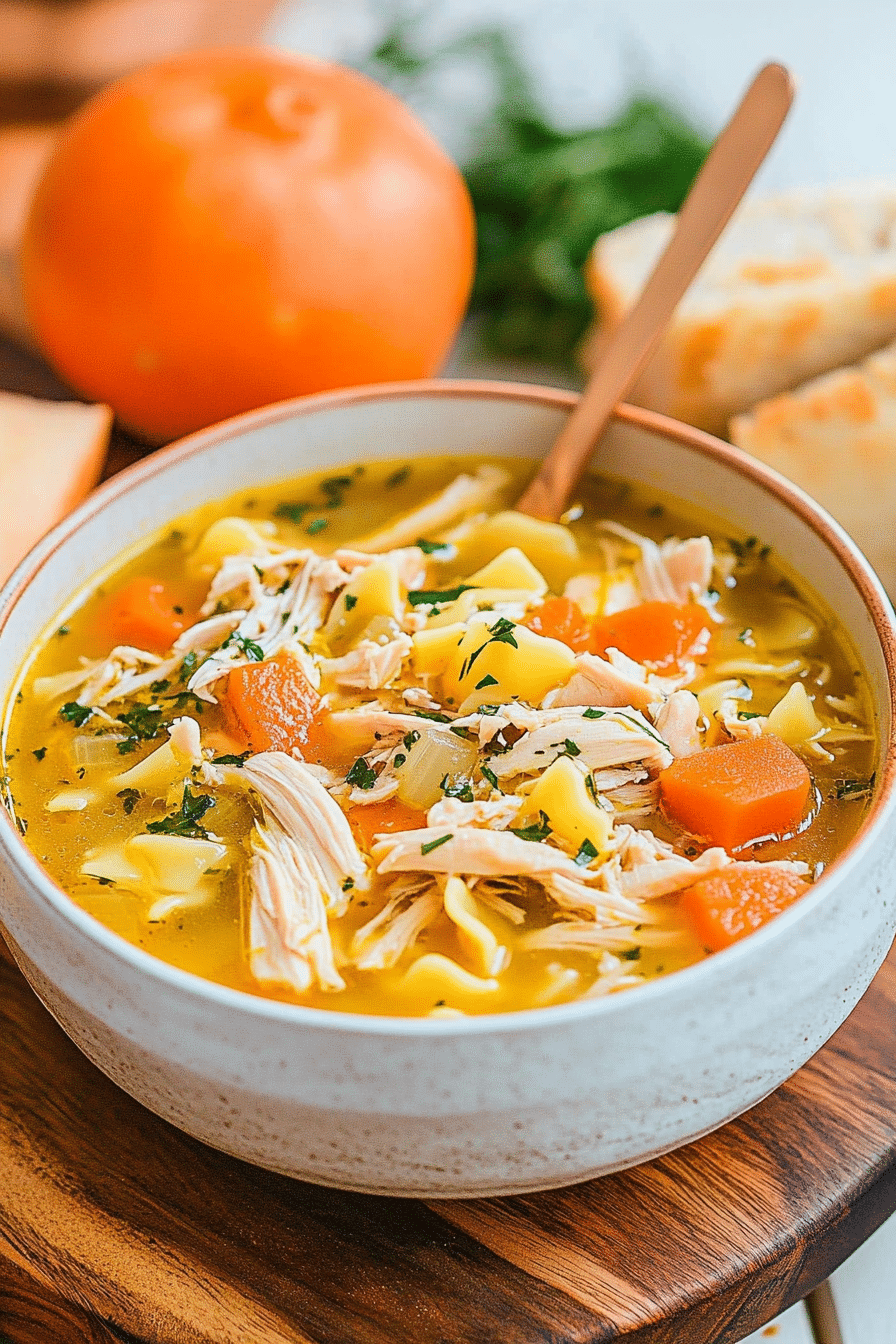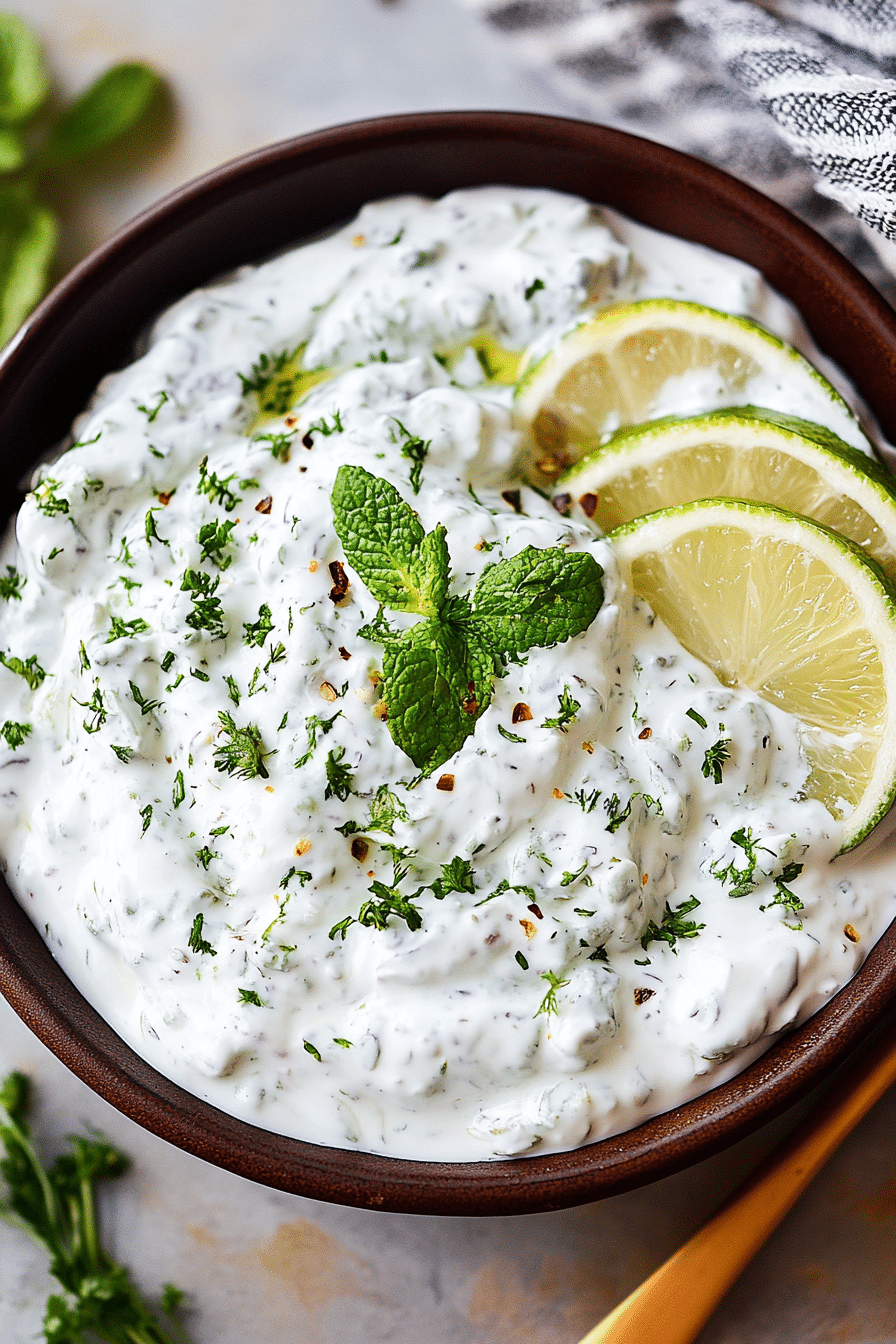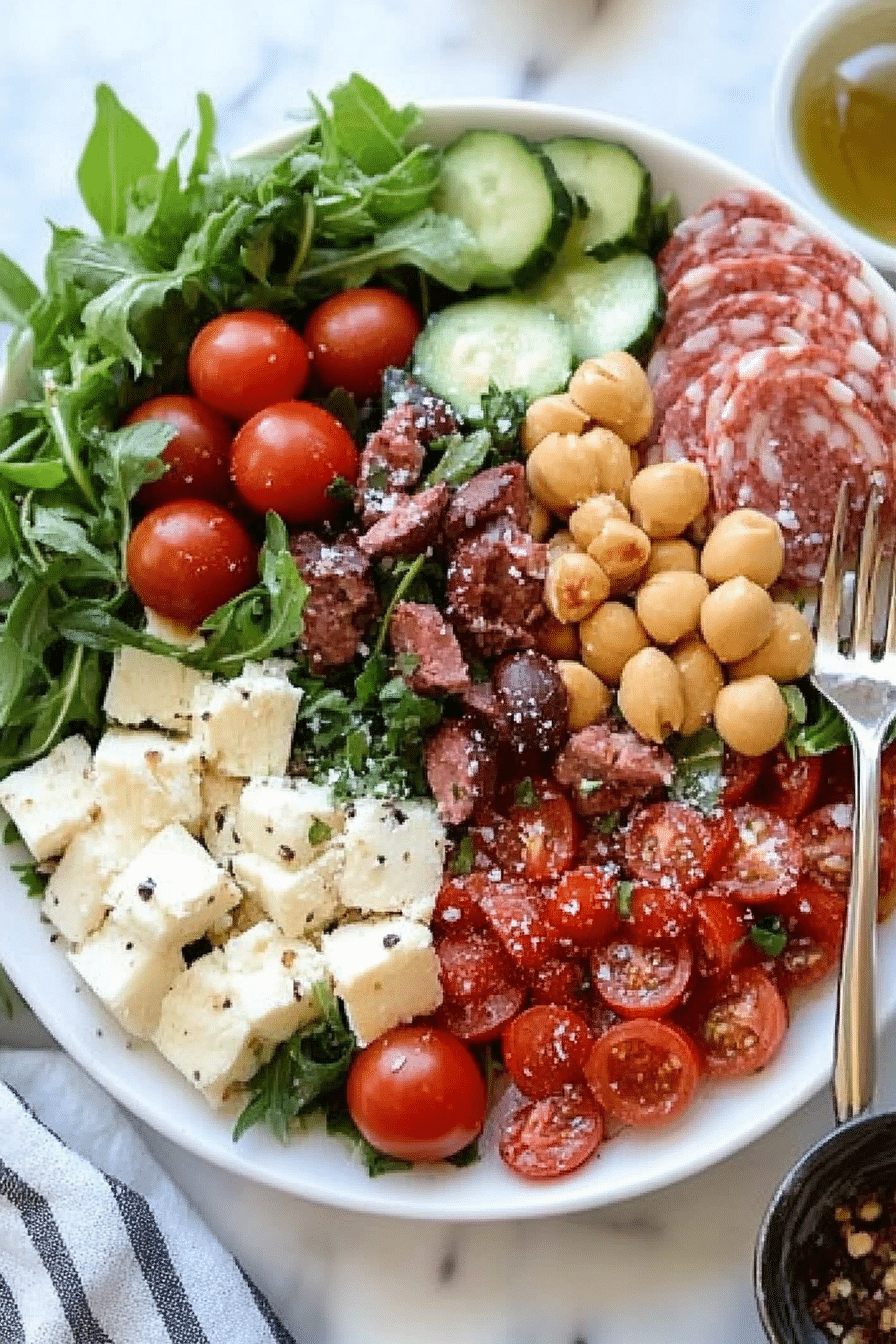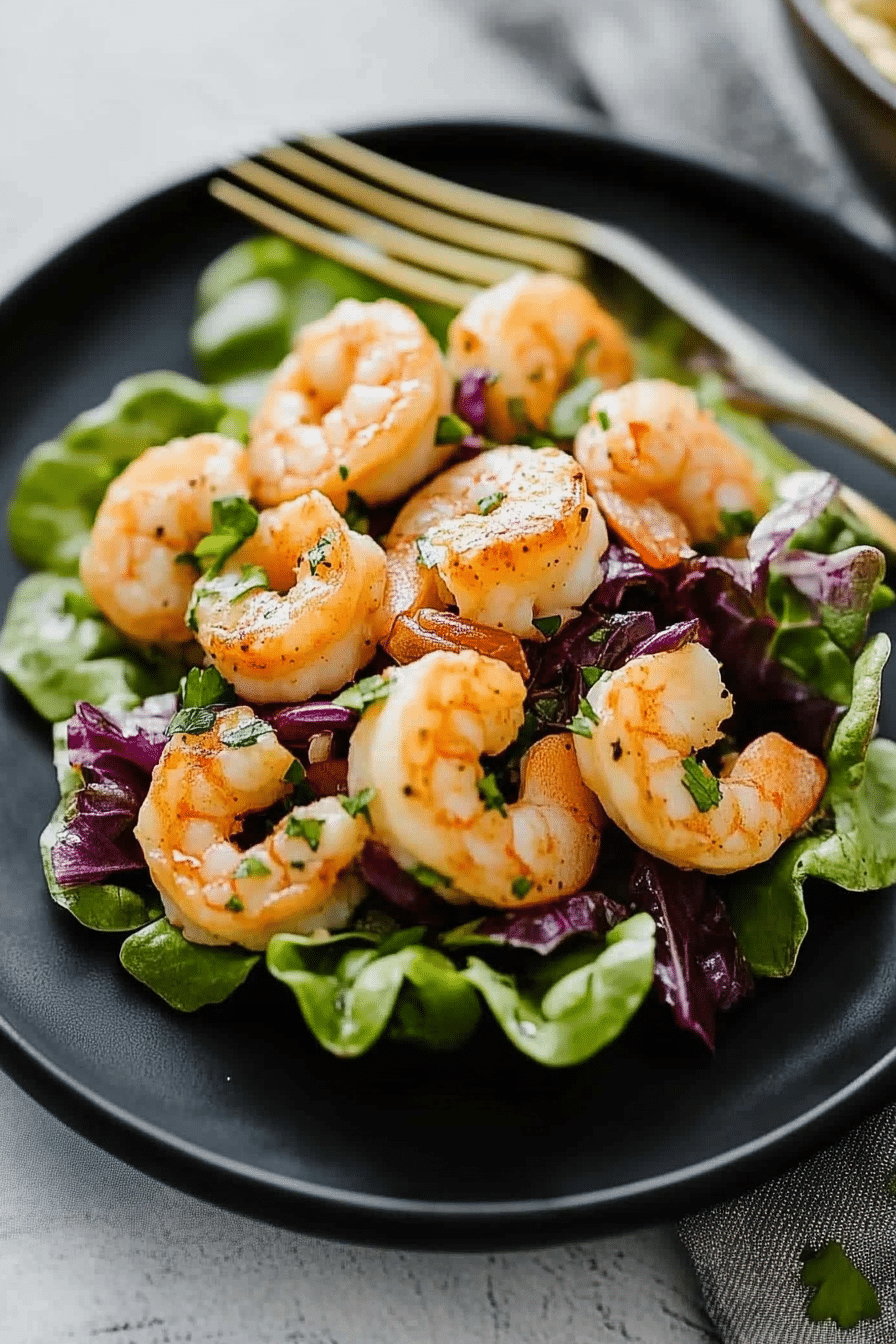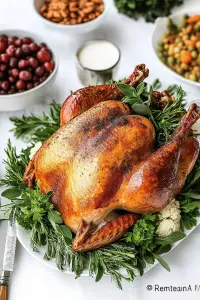I’ve got a soft spot for Egg Drop Soup—the kind of bowl that feels like a warm hug when the kitchen clock is ticking too fast. I remember my grandmother making this on stormy evenings, the steam fogging up the window while the ginger perfume curled around the room. It’s incredibly simple, yet it tastes like something a chef would fold into a weeknight miracle. The first time I tasted it, I thought, this is everything a soup should be: light, bright, and somehow comforting all at once. It’s also a lifesaver on busy nights—in under 15 minutes you can have a glossy, ribbon-y soup that feels special. If you love a quick, cozy bowl, Egg Drop Soup is the kind of staple that earns a permanent spot on your weeknight rotation. And yes, it’s a lot closer to mommy’s kitchen than a takeout menu—you can taste the warmth in every drop.
Thank you for reading this post, don't forget to subscribe!What is egg drop soup?
Egg Drop Soup is essentially comfort in a shallow bowl. Think of it as a soothing, silky broth that’s brightened by wisps of egg streams. The name comes from how the beaten eggs are whisked into the simmering broth to form delicate ribbons—like tiny, edible streams that float through a clear river of stock. It’s a deceptively simple dish: a hot, clear broth with a few pantry-friendly seasonings, and a slow, patient pour of egg to create those soft, lacey threads. I love that it’s adaptable—you can use chicken stock for a richer depth or go veggie with mushrooms and silken tofu to keep it cozy. The idea is to coax big flavor from a short list of ingredients, turning a little pot into a pot of gentleness you can sip straight from the bowl. It’s essentially a study in balance: salty tang, a hint of sweetness, and a touch of sesame warmth that makes you want to slurp the last silky strand off the spoon.
Why you’ll love this recipe?
What I love most about Egg Drop Soup is how forgiving it feels while still delivering real, comforting depth. The flavors come together quickly, but there’s a moment when the eggs thin through the hot broth and you realize you’ve created something a little magical. This soup is incredibly versatile. It’s bright enough for a starter on a dinner party night, but cozy enough to be a weeknight hero when you’re short on time. The base broth keeps well, and you can tailor it with a pinch of white pepper, a splash of rice vinegar, or a few drops of sesame oil for a nutty finish. It’s also budget-friendly—things you likely already have in the pantry—so there’s no guilt in making a bigger batch for yourself or the family. I’ve tested this with a splash of almond milk for a creamier touch, and yes, it still sings. My kids ask for this all the time, especially when they’re fighting off a cold or just craving something warm after a long day. What I love most about this Egg Drop Soup is how it invites you to listen to the simmering sound and let the kitchen do the talking.
How do I make egg drop soup?
Quick Overview
In a hurry? You can have a bright, comforting pot in under 15 minutes. The key is a hot, well-flavored broth, a gentle tempering of the eggs, and a slow, steady pour while you whisk to create those delicate ribbons. It’s practically foolproof: simmer the broth, whisk eggs with a touch of broth, drizzle in a thin stream, and finish with a quick round of seasoning. This method is my go-to on busy weeknights, and it still feels like a restaurant-worthy moment. If you’re new to egg-drop technique, think of it as painting tiny white streaks across a liquid canvas—the result is a silky, swooshing surface with calm, comforting notes that glow in every spoonful.
Ingredients
For the Main Broth:
- 4 cups low-sodium chicken broth or vegetable broth
- 2 cups water
- 1 tablespoon light soy sauce (or tamari for gluten-free)
- 1 teaspoon sesame oil
- 1-inch piece fresh ginger, peeled and sliced
- 2 cloves garlic, smashed
- Salt to taste (start with 1/4 teaspoon and adjust)
- Optional: a pinch of white pepper or a few sliced scallions
For the Egg Ribbons:
- 2 large eggs, lightly beaten
- 1 tablespoon water or broth per egg (to thin the eggs slightly)
- A tiny pinch of salt
For the Finishing Touch (Glaze):
- 1 teaspoon cornstarch mixed with 2 tablespoons cold water (slurry)
- 1 teaspoon rice vinegar or splash of citrus (optional, for brightness)
- Chopped scallions or a few drops of chili oil for heat (optional)
Step-by-Step Instructions
Step 1: Preheat & Prep Pan
Set a medium pot over medium heat. Add the broth, water, ginger, garlic, soy sauce, and sesame oil. You’re aiming for a bubbling, aromatic steam that smells like a cozy afternoon. If you’re short on time, you can skip the ginger and garlic, but I think they’re the heart and warmth you’re after here. Bring to a gentle simmer and let those flavors mingle for about 4–5 minutes. This is where the kitchen starts to feel like a hug.
Step 2: Mix Dry Ingredients
In a tiny bowl, whisk together a pinch of salt and the cornstarch slurry (the cornstarch whisked with cold water). This step helps the finish stay glossy and a touch thicker, but you can skip it if you prefer a lighter consistency. I usually do this while the broth rests for a moment, so I’m not rushing the pour.
Step 3: Mix Wet Ingredients
Beat the eggs gently with a splash of water or broth. The goal is a smooth, pale mixture that will stream easily into the hot liquid. If you want extra silkiness, you can whisk in a teaspoon of soy sauce to season the eggs themselves, though I usually keep the seasoning in the broth so you can control salt at the end.
Step 4: Combine
When the broth is simmering, give it a gentle stir. Reduce the heat to a steady simmer. Now, slowly drizzle the beaten eggs into the pot while you stir the liquid in a slow, circular motion with a fork or whisk. The eggs should form slender ribbons that float to the surface. If you prefer more defined threads, pour the eggs in a thin, steady stream and keep the motion gentle.
Step 5: Prepare Filling
Taste and adjust. If you want it a touch saltier, add a pinch more soy. If you’d like more brightness, a tiny splash of rice vinegar works wonders at the very end. If you’re adding extras like mushrooms, pre-sauté them briefly in a dry pan for extra savoriness and texture before you ladle the soup into bowls. This is a good moment to check the texture of the eggs—soft, silky ribbons are what you want, not solid chunks. My kids actually ask for seconds of these ribbons, which still makes me smile after all these years.
Step 6: Layer & Swirl
Stir just enough to keep the ribbons from clumping, then let the pot rest for a minute off the heat if needed. You want a glossy surface with delicate threads, not a murky or scrambled look. This is also a great moment to adjust seasoning with a light hand—sometimes a whisper more soy is all it needs to wake up the entire bowl.
“New family favorite! This Egg Drop Soup was so flavorful and ridiculously easy. Crowd-pleaser for sure.”
Step 7: Bake
Okay, the title says “bake,” but we’re staying cozy with soup. Simmer the pot for an additional 1–2 minutes after adding the eggs to ensure everything is warmed through and the flavors have settled. If you’re adding greens or tofu, this is the moment to tuck them in for a quick, gentle heat so they stay tender and vibrant. The key is to avoid boiling too vigorously once the eggs are in; the goal is just a lively simmer that keeps the ribbons intact.
Step 8: Cool & Glaze
Turn off the heat and stir in the cornstarch slurry. It thickens the broth just enough to cling to a spoon, giving it a satin finish. If you like a touch more brightness, add a teaspoon of rice vinegar or a squeeze of citrus. A final drizzle of sesame oil can amplify the nutty aroma. If you want a sharper finish, scatter sliced scallions on top and a pinch of white pepper for that classic Egg Drop Soup bite. I always heat the glaze briefly before adding it, so the gloss shines in the bowl.
Step 9: Slice & Serve
Spoon the soup into warm bowls, ensuring a few ribbons of egg cling to the edge of each spoon. Garnish with scallions, a whisper of chili oil, or a few shredded carrot lanterns for color. Serve with a side of steamed white rice or a crusty roll if you’re feeling fancy. This is the moment the kitchen fills with that inviting, savory steam, and everyone’s eyes light up when they see those delicate egg threads floating in the clear broth. My family often adds a tiny dab of chili crisp for a gentle kick—the contrast between heat and the smooth broth is something I crave every time.
What to Serve It With
Egg Drop Soup is incredibly versatile, so you can tailor it to the mood of the meal. I like to think of it as a starter that can magically pair with a bunch of options, from light to comforting.
For Breakfast: A small bowl to wake up the senses, paired with a softly fried egg-topped toast and a cup of green tea. The warmth in the broth makes a great morning pick-me-up, especially on chilly days when you want something gentle yet satisfying.
For Brunch: Serve in small cups with tuile crackers or sesame-studded crostini. Add a tiny dash of toasted sesame seeds and a wedge of lime on the side for a bright, brunch-friendly finish.
As Dinner Starter: Pair Egg Drop Soup with a light miso-glazed fish or a quick stir-fry with bok choy and mushrooms. The simplicity of the soup lets your main course shine, while still feeling like you’ve cooked with intention.
For Cozy Snacks: Serve with a handful of rice crackers or steamed dumplings. It’s the kind of bowl that invites conversation and slow bites on a rainy night and makes you feel tucked in even before the first bite.
My family has a little ritual around this soup: we set out small bowls, every spoon gleaming, and we add a few drops of hot chili oil for a gentle heat. The kids giggle while the ribbons swirl, and I swear the kitchen smells like a hug. It’s not fancy, but it feels like home in a bowl.
Top Tips for Perfecting Your Egg Drop Soup
Here are the tricks I’ve learned after making this countless times, hoping you’ll skip the tiny mistakes I made early on.
Egg Ribbon Tips: Beat the eggs well and add a splash of broth or water to loosen. A slow, steady pour yields the most delicate ribbons. If you whisk too vigorously, you’ll get wispy strands that dissolve quickly—still tasty, just different texture.
Broth Backbone: Use a good, flavorful base. Low-sodium stock with a touch of mushroom or ginger boosts the depth. If you’re using plain water, bump up the soy sauce a notch or add a tiny pinch of mushroom powder for umami.
Thickening Wisely: The cornstarch slurry is a finishing touch—not a thickening experiment. Add it gradually until you reach a satin, not gelatinous, texture. If you over-thicken, you’ll lose the delicate clarity that makes Egg Drop Soup so soothing.
Seasoning Sense: Salt in stages. Start with a little, taste, then adjust. A little acid at the end brightens the whole bowl, so don’t skip the splash of rice vinegar or citrus if you love a zesty edge.
Heat Management: Keep the simmer gentle once the eggs go in. A rolling boil will break the ribbons and turn the texture into something stringy instead of silky. You want a calm bath for the eggs, not a whirlpool.
Variations to Try: Add sliced shiitake for more earthy depth, toss in spinach or baby bok choy for color and nutrition, or fold in silken tofu for a heartier texture. If you’re dairy-free, this soup remains utterly creamy without dairy—just rely on the egg ribbons and the cornstarch finish for that velvety feel.
“Packed with flavor and so simple. Exactly what I wanted from this Egg Drop Soup!”
Glaze/Finish Flair: Keep your glaze light and glossy. A quick whisk of cornstarch with cold water is all you need, and a drizzle of sesame oil at the end brings the aroma to life. You can also experiment with a tiny swirl of chili oil for heat or a sprinkle of toasted sesame seeds for crunch.
Lesson learned: this soup rewards patience and gentle hands. I’ve learned to trust the whisper of the simmer and the sight of those ribbons—that’s when I know I’ve nailed it.
Storing and Reheating Tips
Egg Drop Soup stores surprisingly well, especially if you keep the eggs from turning into a chewy texture while reheated. Here are my go-to methods to keep it tasty.
Room Temperature: It’s best enjoyed fresh, within a couple of hours after making it. If you’re serving it later in the day, store it in the fridge rather than leaving it out, to preserve the clarity of the broth.
Refrigerator Storage: Transfer to an airtight container. The broth can chill nicely for up to 3 days. Reheat gently on the stove over low heat, stirring occasionally, until it’s just hot. If the eggs started to look a bit stiff after chilling, whisk the soup briefly before reheating to help bring back the silkiness.
Freezer Instructions: Freezing isn’t ideal for the eggs, as they can become a bit chewy once thawed. If you must freeze, remove the eggs from the pot before freezing and add them back after reheating when you rehydrate the broth, whisking quickly to re-create ribbons. Generally, I don’t recommend freezing this one, but if you do, label clearly and use within 1 month.
Glaze Timing Advice: If you’re reheating and want to keep the glaze, add a little extra cornstarch slurry to restore glossiness, then reheat gently. If you’re storing with greens or add-ins, reheat first, then re-thicken and finish with a fresh drizzle for the best bite.
Flavor and texture will shift a touch after storage, but this soup still carries that comforting vibe. A quick remassage of salt and a splash of vinegar can wake the flavors back up when you’re ready to eat again.
Frequently Asked Questions
Final Thoughts
Egg Drop Soup is the kind of dish I reach for when I want something that feels like a hug but takes almost no time at all. It’s the comfort-food version of a clean, bright swallow of broth that warms you from the inside out. The flavors are honest: a whisper of ginger, garlic, a touch of soy, and those delicate egg ribbons that make you smile the moment they lift from the spoon. It’s simple, adaptable, and endlessly comforting—my kids’ favorite weekday supper when they come home from a long day of school, and my go-to when I want a quick, nourishing lunch on a busy weekend. If you’re chasing flavor that doesn’t overwhelm, but still feels special, this Egg Drop Soup is the answer. And if you try any variation, I’d love to hear how you like it best—extra brightness, extra heat, or a softer egg ribbon. Happy cooking, friends, and may your bowls always be warm and your spoons never empty!
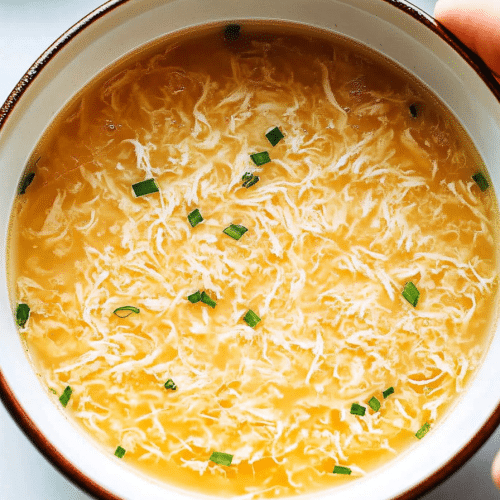
Egg Drop Soup
Ingredients
Main Ingredients
- 4 cups chicken or vegetable stock good-quality
- 2 tablespoons cornstarch
- 2 teaspoons ground ginger
- 1 teaspoon garlic powder
- 0.125 teaspoon white pepper
- 3 large eggs
- 1 teaspoon toasted sesame oil
- 0.5 teaspoon fine sea salt to taste, or more
- 0.25 teaspoon black pepper freshly-cracked, to taste
- 0.25 cup green onions thinly-sliced, for garnish
Instructions
Preparation Steps
- Make the broth. Whisk together stock (chilled or room-temperature), cornstarch, ginger, garlic powder and white pepper in a medium saucepan until smooth. Heat over high heat until the stock comes to a simmer, stirring occasionally.
- Whisk the eggs. Meanwhile, whisk together the eggs in a small measuring cup or bowl. (A measuring cup is easier for pouring.)
- Stir in the egg ribbons. Once the broth reaches a simmer, use a whisk or two chopsticks to stir the broth in a circular motion, creating a whirlpool. Then slowly pour the whisked eggs in a very thin stream into the soup as you continue stirring, in order to create egg ribbons.
- Season. Remove pan from heat. Stir in the sesame oil until combined. Season with salt and additional white pepper to taste, also adding a dash or two of extra sesame oil if needed. (Saltiness will depend on your brand of chicken stock, but this soup generally needs an extra 0.5 to 1 teaspoon of fine sea salt.)
- Serve. Serve immediately, garnished with lots of green onions and a twist of black pepper.


